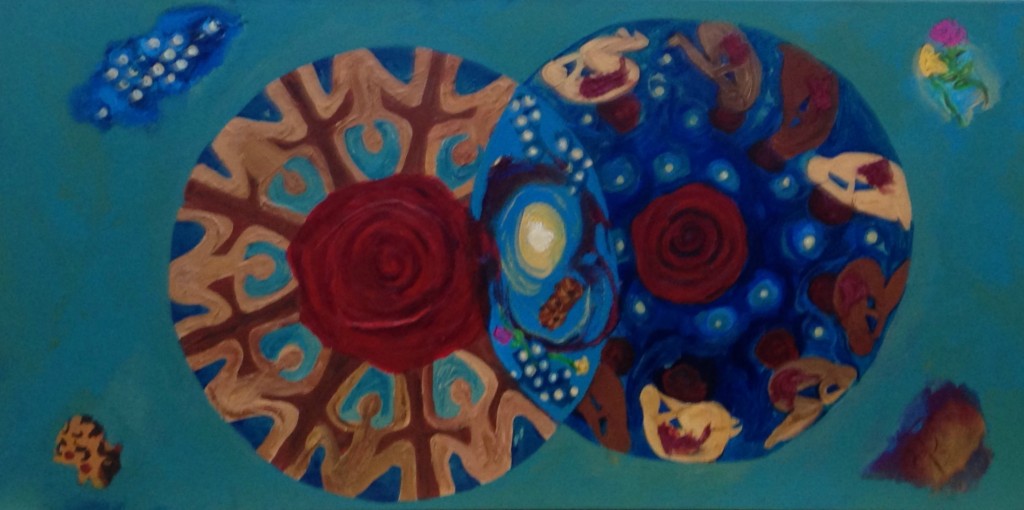Some of the saddest stories that I habitually hear aging adults voice, rise from two themes, blame and denial. These grownups choose to remain victims going over and over the things that caused regret in their lives or leap over major events as if they were insignificant stones on a path.
Refusing to take any responsibility or hiding heartbreaks in our bodies, keeps us from our fuller lives, as we become ever focused on our mental, emotional, relational and physical aches and pains.
For Christians, Advent is the yearly reminder of an expectant coming. We remember the birth of Jesus and are once again, invited to relax our clenched muscles, to breathe and to let Hope become a reality.
Although pain is surely a part of any birthing process, much of our ongoing suffering is of our own doing and it lasts as long as we hold on to or conceal the things that have been done to us.
We have successfully turned to psychology to answer many of the whys up underneath our issues and triggers; however, if we allow ourselves to become dependent on or get stuck in requiring answers, we will avoid the soul’s profounder cry.
At a certain point on the journey, it seems that going through suffering calls for a bearing with, more than an interpretation of.
Without sufficiently grieving our pain, within the safety of community, or at least another, and looking for the gifts therein, we choose a stillbirth and a deeper pain that we eventually regurgitate on those around us.
I come from a hope-filled faith tradition. As glorious as focusing on the resurrection of Jesus is, we tend to quickly jump toward the optimistic end without abiding through all of the stages of suffering with Jesus, or with the greater Christ in day-to-day living.
Now, at this point in time, I find myself learning to gratefully value each stage and what it has brought to my overall faith, whether painful or joy-filled,
Accomplishing our goals, doing for others, identifying ourselves, purposefully serving and writing our individual stories are surely personal high points, even necessary. But the soul still cries and Spirit continues to invite us to a deeper Presence.
As we exhaust the spiritually intended questions that begin with why, a new question is born, how? How can I be a loving presence to myself, to another, to my enemy and to the reality of our world’s gaping wound?
In this season of expectant hope, may we also consider a transforming shift from how can I do, to how can I be, and to ultimately ask the question, am I willing to be salve, to abide with, so that Hope can be born?

